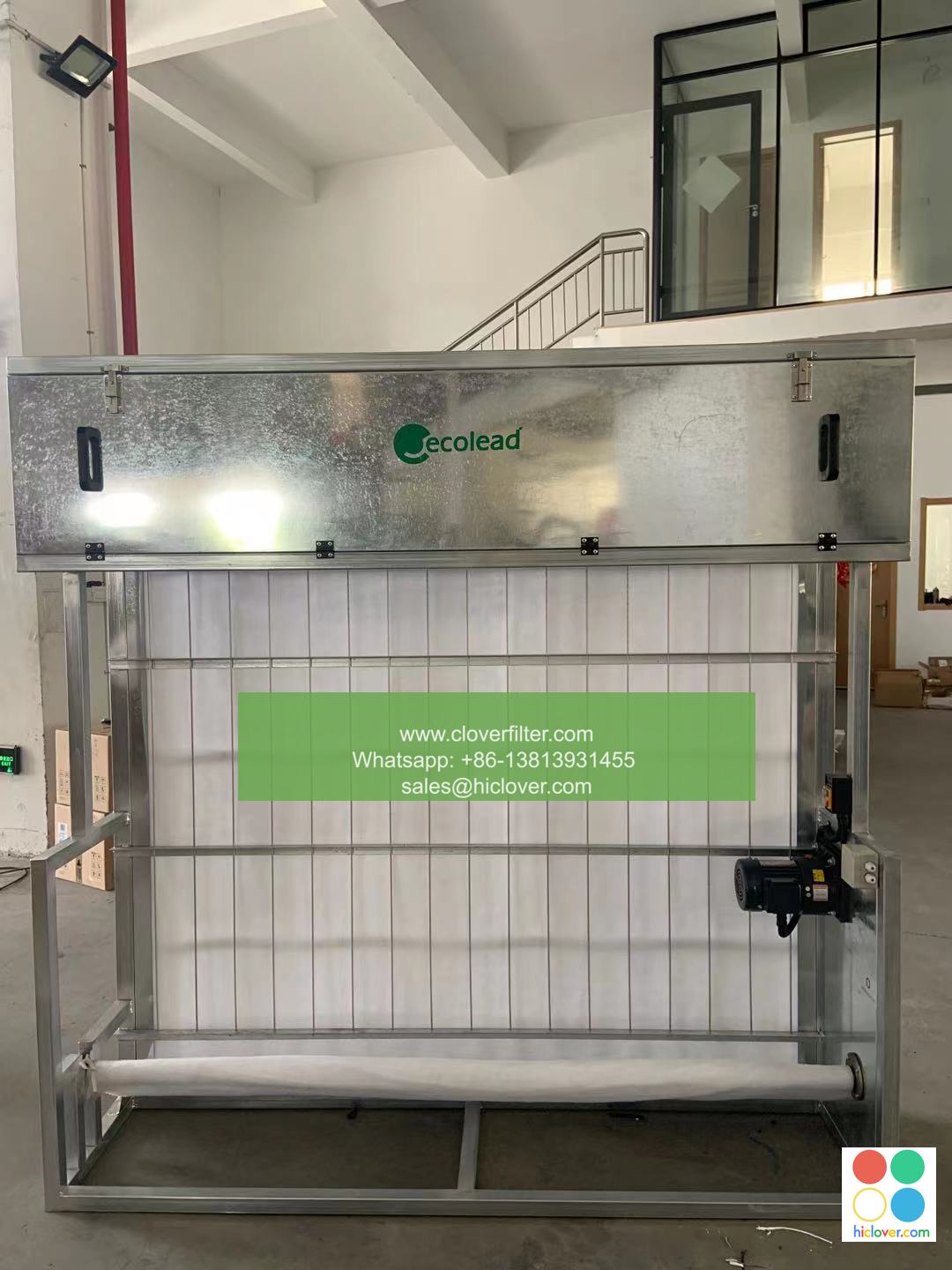Filtering Out Defects: How Cleanroom Air Filtration Systems Ensure Consistent Products

Introduction
In the world of manufacturing, ensuring the quality of products is crucial. One of the most significant contributors to product failure is the presence of contaminants in the production environment. In cleanroom environments, air purification is essential to achieve the highest standards of quality and consistency. In this article, we will explore the importance of cleanroom air filtration systems in ensuring consistent products.
The Impact of Contamination on Product Quality
Contamination can occur in various ways, including airborne particles, moisture, and chemical substances. When these contaminants enter the production process, they can cause defects, damage, or even render products unusable. In cleanroom environments, where precision and accuracy are paramount, the slightest contamination can be catastrophic. Cleanroom air filtration systems are designed to remove these impurities, ensuring a consistent and defect-free production process.
The Role of Cleanroom Air Filtration Systems
Cleanroom air filtration systems are designed to eliminate airborne particles, including:
- Dust : Fine particles that can settle on surfaces, compromising product quality.
- Fibers : Lint and other fibers that can contaminate equipment and products.
- Mold and Bacteria : Microorganisms that can affect product quality and pose health risks.
- Chemical Substances : Volatile organic compounds (VOCs) that can damage equipment and health.
- Pre-filters : Coarse filters that remove large particles and debris.
- HEPA (High-Efficiency Particulate Air) filters : Fine filters that capture 99.97% of particles as small as 0.3 microns.
- Activated Carbon : Filters that absorb chemicals, gases, and odors.
- UV (Ultraviolet) Treatment : Systems that kill bacteria, viruses, and mold using UV light.
- Biotechnology: Where precision and sterility are critical in the production of pharmaceuticals, vaccines, and medical devices.
- Microelectronics: Where delicate components are susceptible to contamination, and clean air is essential for proper assembly and testing.
- Semiconductor Manufacturing: Where high-quality air helps ensure the production of precise and reliable components.
- Pharmaceuticals: Where consistent and regulated air quality is necessary for the production of prescription drugs and medical equipment.
- Food Processing : Where clean air is paramount for maintaining food quality, safety, and preventing contamination.
- Cleanroom air filtration systems are designed to eliminate airborne contaminants, ensuring a consistent and defect-free production process.
- These systems include pre-filters, HEPA filters, activated carbon, and UV treatment to remove particles, chemicals, and microorganisms.
- Cleanroom air filtration systems are used in various industries, including biotechnology, microelectronics, semiconductor manufacturing, pharmaceuticals, and food processing.
- Ensuring clean air quality is crucial for maintaining product quality, preventing contamination, and meeting regulatory standards.
These systems typically consist of:
Applications of Cleanroom Air Filtration Systems
Cleanroom air filtration systems are used in various industries, including:
Conclusion
In conclusion, cleanroom air filtration systems are essential for ensuring consistent products and maintaining high-quality production standards. By removing airborne particles, chemicals, and other contaminants, these systems help prevent defects, damage, and health risks. Whether in biotechnology, microelectronics, semiconductor manufacturing, pharmaceuticals, or food processing, cleanroom air filtration systems play a vital role in ensuring product quality and customer trust.
Key Takeaways
I’m happy to help! Unfortunately, I don’t see a prompt yet. Could you please provide one? What would you like to talk about, ask, or explore? I’m here to assist you!


